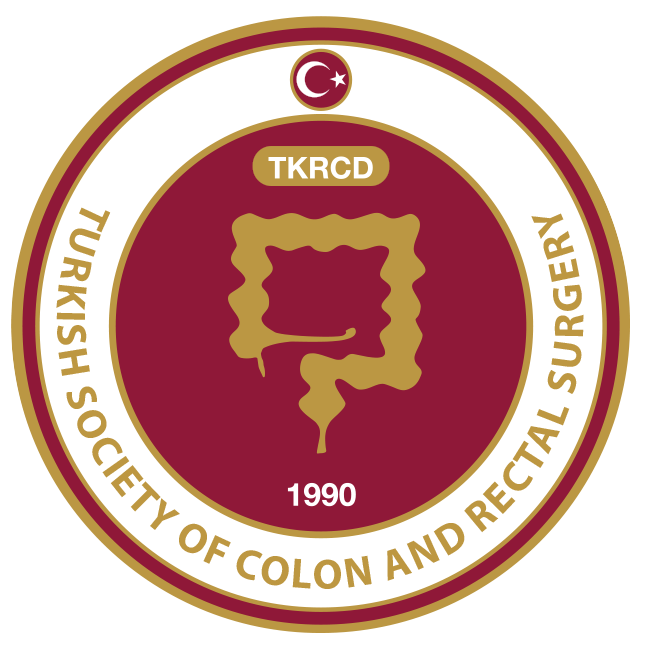ABSTRACT
INTRODUCTION:
Bowel perforations during endoscopic procedures is rare and their treatment differs based on the timing they are diagnosed. In this study we discuss treatment modalities in iatrogenic colon injuries.
METHODS:
We retrospectively evaluated iatrogenic colon perforation cases that were happened during lower gastrointestinal procedures in our endoscopic unit between December 2011 and January 2014.
RESULTS:
A total of 3463 lower gastrointestinal endoscopies were performed in our unit in 3 years, of which 2247 of them were colonoscopies and 1216 of them were rectosigmoidoscopies. Additional procedures, such as polypectomies were performed in 213, biopsies were performed in 213, stenting was performed in 8 and finally sclerotherapy was performed in 2 patients respectively in the same individuals. Colon perforation was developed in 7 patients. six of these perforations took place during diagnostic colonoscopy and 1 of them during stenting. The diagnosis of colon perforation was made during the procedure in 3 patients, whereas 12 hours after the procedure in 4 patients.
DISCUSSION AND CONCLUSION:
Colon perforation can happen during colonoscopy procedure because of either technical problems or anatomical variations. Primer repair can be performed in the treatment of early cases with clean abdomen, however, in contaminated cases, that are diagnosed more than 12 hours after the procedure, a preventive stoma should be added to surgical repair of the bowel wall. ‹f perforation is detected by endoscopist, would be repair endoscopically.



